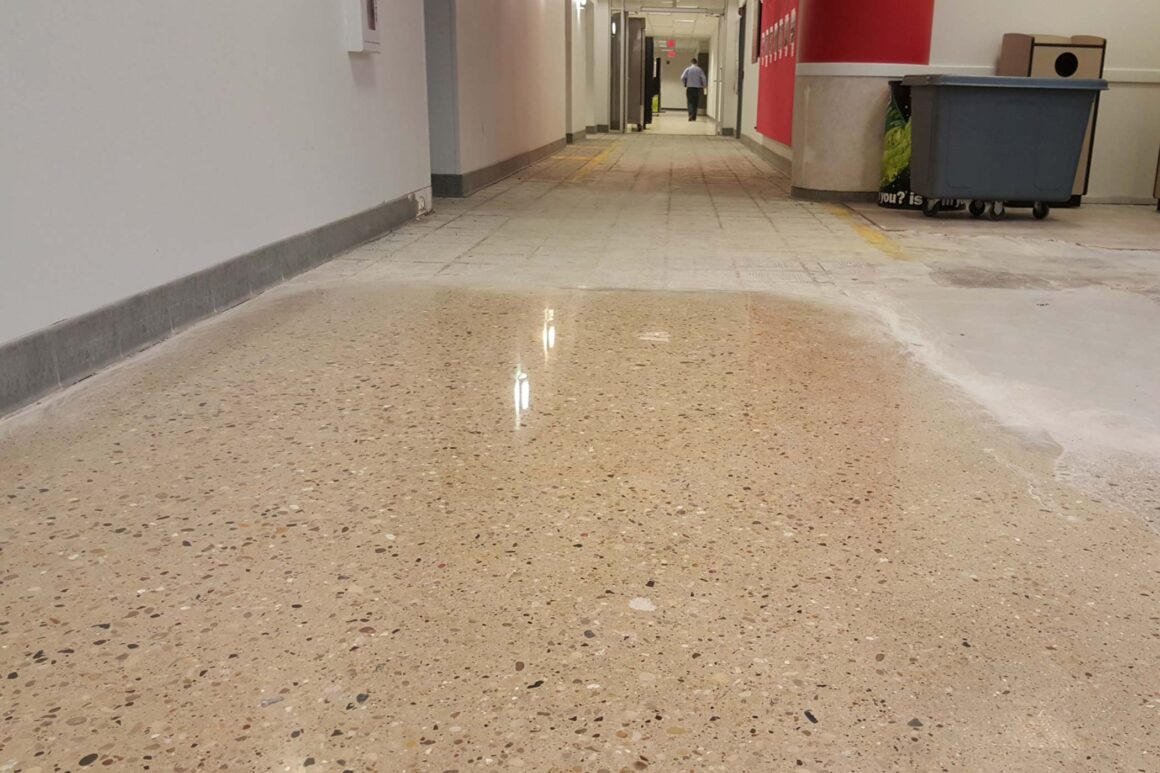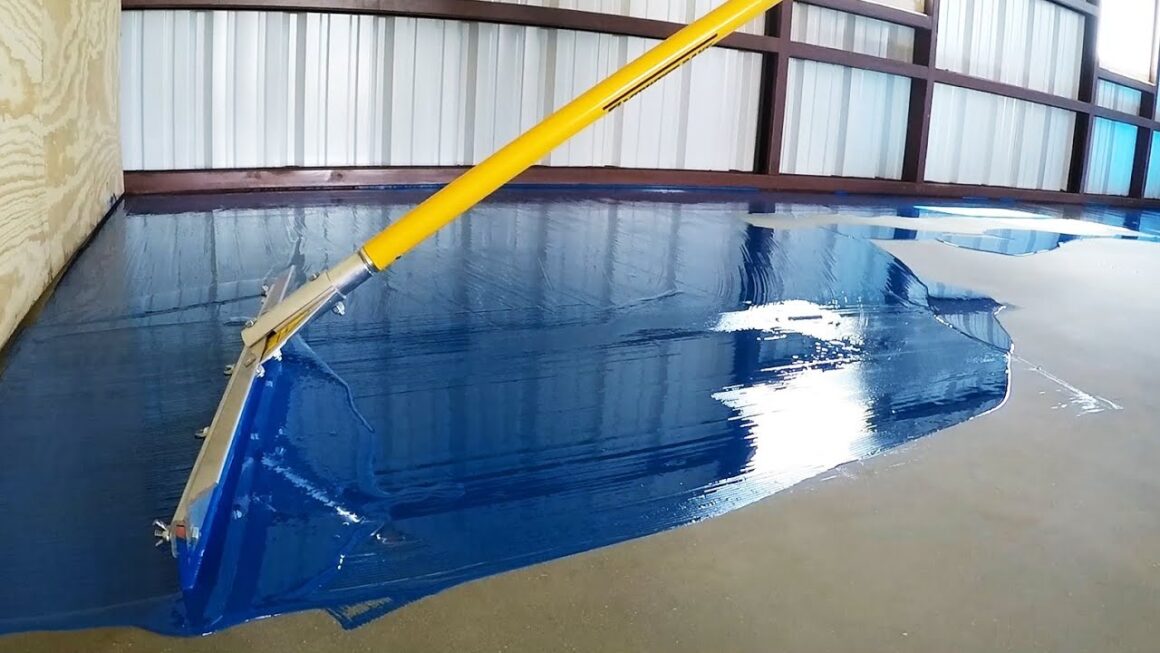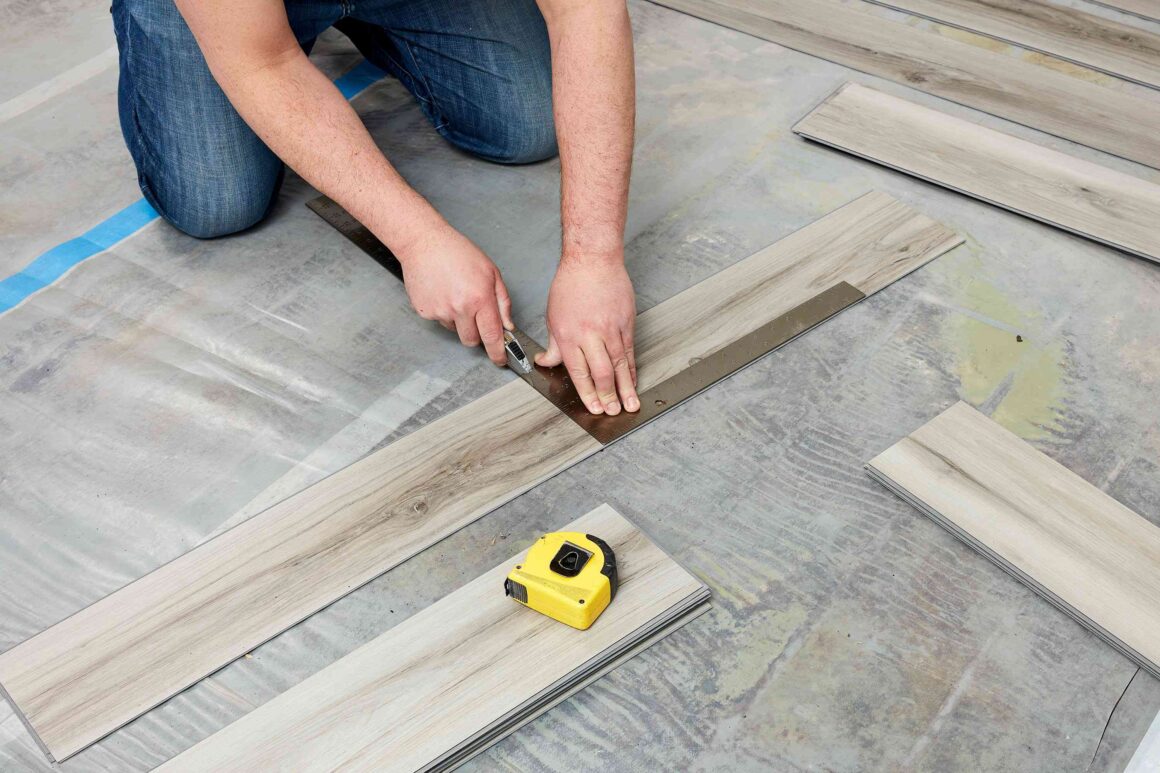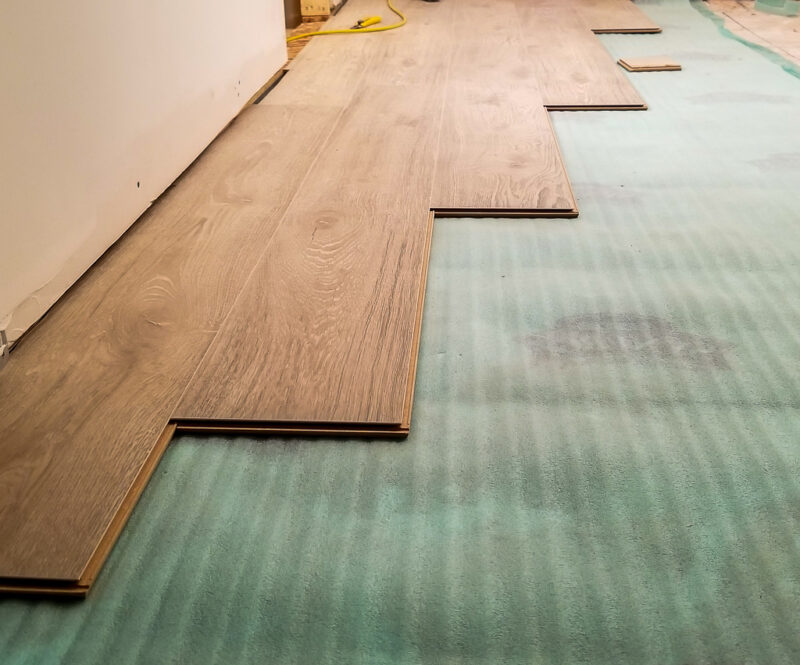Many homeowners are faced with the question of what type of flooring is best for a basement. There are many factors to consider when making this decision, such as budget, intended use of the space, and durability. There are a few popular options when it comes to basement flooring, each with its own set of pros and cons. In this blog post, we will explore some of the most popular choices and help you decide which one is right for your basement.

There are many different types of flooring that can be used in a basement, but some are better than others. Here are a few of the most popular options:
- Carpet: Carpet is a popular choice for basements because it is relatively inexpensive and easy to install. However, it can be difficult to keep clean and does not hold up well to moisture.
- Vinyl: Vinyl flooring is similar to carpet in terms of price and installation, but it is more durable and easier to clean. It also holds up better to moisture than carpet.
- Laminate: Laminate flooring is another popular option for basements. It is more expensive than carpet or vinyl, but it is also more durable and easy to clean. Laminate flooring can also be installed over existing floors, which makes it a good choice for remodeling projects.
- Tile: Tile is the most durable option for basement floors, but it is also the most expensive. Tile floors are easy to clean and hold up well to moisture, making them ideal for basements that may flood occasionally.
- Concrete: Concrete is a durable and inexpensive option for basement floors. However, it can be difficult to keep clean and does not hold up well to moisture.
Pros and Cons of Each Type of Flooring

Each type of flooring has its own set of pros and cons that you should consider before making a decision.
Carpet is the most popular type of flooring for basements because it is relatively inexpensive and easy to install. Carpet is also comfortable to walk on and helps to reduce noise levels. However, carpet can be difficult to clean and is not as durable as other types of flooring.
Tile is a popular choice for basements because it is durable and easy to clean. Tile is also resistant to water damage, making it a good choice for basement bathrooms or laundry rooms. However, tile can be cold to the touch and can be slippery when wet.
Laminate flooring is a good alternative to hardwood floors because it is less expensive and more durable. Laminate floors can also be installed over existing flooring, which makes them a good choice for remodeling projects. However, laminate floors can be scratched or damaged more easily than hardwood floors.
Concrete floors are the most durable type of flooring available and are ideal for basements that are prone to flooding. Concrete floors are also easy to clean and can be stained or painted to match your decor. However, concrete floors can be cold and hard to walk on.
How to Choose the Best Flooring for Your Basement?
If you are finishing your basement or looking to replace your current flooring, you may be wondering what the best option is for a basement. There are a few things to consider when choosing flooring for a basement, such as the environment of the space and the level of traffic.
The environment of the basement is an important factor to consider when choosing flooring. If the basement is below grade, it will be more humid than a basement that is on grade or above grade. A below grade basement is also more likely to have leaks. These factors should be considered when choosing a flooring material.
Carpet is not recommended for a basement because it can hold moisture and mildew. Tile is a good option for a basement that is on grade or above grade because it is easy to clean and does not hold moisture. Wood floors are also a good option for basements because they are easy to clean and do not hold moisture.
The level of traffic in the basement should also be considered when choosing flooring. If the basement is used for storage, then carpet or tile may not be the best option because they can be difficult to keep clean. If the basement is used as a living space, then wood floors may be the best option because they are easy to clean and do not show dirt as easily as carpet or tile.
What is Epoxy Flooring?

Epoxy flooring is a type of flooring that is made from a combination of resin and hardener. It is often used in high traffic areas because it is durable and easy to clean. Epoxy flooring can be slippery when wet, so it is important to choose a non-slip variety for your basement. Epoxy floor finishing is also a popular choice for basements and garages because it can resist oil and grease spills.
How to Install Basement Flooring?

If you’re looking to install new flooring in your basement, there are a few things to keep in mind.
– First, you’ll want to consider what type of flooring is best for a basement. There are a variety of options available, and each has its own advantages and disadvantages.
– Second, you’ll need to take into account the condition of your basement. If it’s damp or has other issues, you’ll need to choose a flooring material that can withstand those conditions.
– Third, you’ll want to think about how much traffic your basement gets. If it’s a high-traffic area, you’ll want a durable flooring option that can stand up to wear and tear.
– Finally, you’ll need to decide on a budget for your new flooring. Once you’ve considered all of these factors, you’ll be able to narrow down your choices and find the best flooring option for your basement.
Conclusion
There are a lot of different factors to consider when choosing flooring for a basement, but ultimately the best option is going to be one that is durable and easy to maintain. Laminate or vinyl plank flooring are both great choices that will hold up well in a basement environment. If you’re looking for something a little more luxurious, engineered hardwood or tile can also be good options. Whatever you choose, make sure to do your research and pick a flooring option that will work well in your basement.



